It’s a strange thing when, in a democracy*, dissent is stifled by those that presume to value dissent.
Notwithstanding the union-backed effort to end Senate filibusters, time and time again, both publicly and behind-the-scenes, Barack Obama and his union cronies and backers work to stifle–even purge and eradicate–any form of dissent if it does not benefit union bosses.
What’s worse is the fact that this trend is becoming the official labor policy of the United States.
With an all-Democrat, three-member—two out of the three being union attorneys—National Labor Relations Board now running things without any dissent, workers and their employers in union-free workplaces are being bombarded with decisions that benefit big union bosses.
While this is not new, since unions officially gained control of the NLRB in 2010 with Barack Obama’s unprecedented recess appointment of SEIU and AFL-CIO attorney Craig Becker, in ruling after ruling, the union-controlled NLRB has been trashing case precedents in favor of pro-union decisions.
In one significant area, and contrary to the purpose of the National Labor Relations Act, Barack Obama’s union-controlled National Labor Relations Board has issued decisions that strip workers of their ability to thwart union intimidation, interference and coercion–as long as it benefits union bosses.
NLRB Okays Physical Threats By Pro-Union Workers
In March, 2011, for example, Obama’s NLRB ruled that, even in a small workforce, threats of physical violence were not enough to overturn an election won by a union:
Specifically, the objections cite a statement by prounion employee Anthony Hodges to employee Matthew Abel that Hodges could “whip [employee Dennis Sheil’s] a*s” or sabotage his work; an anonymous telephone threat to employee Lou Mays that the caller would “get even” with him if he “backstab[bed] us”; and statements by prounion employee Chris Verbal to a group of three or four employees that Verbal would “b*tch slap” two other employees (who were not present at the time) or “whip their f—in’ ass” if they “cost us the election,” and that he would “whip [supervisor] Eddie’s ass” if the Union lost. [Emphasis added.]
More recently, Obama’s NLRB ruled that unionized employers, in their handling of discipline, must turn over witness statements to union representatives when they are defending grievants.
The case involves a continuing care facility in Oakland, California, where statements by two witnesses alleging that a certified nursing assistant was asleep on the job resulted in that person’s termination. The union representing employees at the facility, SEIU, United Healthcare Workers-West, asked for information used in the termination, including witness statements. The employer refused.
In its decision, the Board noted that the National Labor Relations Act imposes on an employer a “general obligation” to furnish a union with relevant information necessary to perform its duties. [Emphasis added.]
Aside from the fact that unions all-too-often spend their members’ money to defend the worst of the worst, the NLRB’s decision to force employers to provide witness statements to union representatives puts workers who cooperate with employers on investigations into jeopardy–both from the union itself and from fellow workers.
NLRB Ruling Puts Employer Witnesses In Harm’s Way
Officially, Obama NLRB officials will deny that their ruling provides unions the ability to retaliate against witness who cooperate, in his dissent, the NLRB’s sole Republican Brian Hayes noted prior to his departure:
The Supreme Court has long recognized the dangers of releasing witness statements. In NLRB v. Robbins Tire & Rubber Co., 437 U.S. 214 (1978), the Court held that the Board was not required under the Freedom of Information Act (FOIA) to disclose, prior to an unfair labor practice hearing, statements of witnesses whom the Board anticipated would testify at the hearing. The Supreme Court cited several risks to the Board’s investigation that would result from such disclosure, including the “most obvious risk” of coercion and intimidation of employees who provide statements, as well as the reluctance of witnesses to participate in Board investigations and to give truthful statements. Id. at 239. [Emphasis added.]
Given that many unions have rules (in their union constitutions) that prohibit members from ‘wronging a member of the (union name) causing him/her physical or economic harm,’ a member of a union who cooperates with an employer’s investigation that leads to a fellow union member’s loss of job would arguably be causing a member economic harm.
If a member, by cooperating in an investigation, causes a fellow member economic harm, many unions have the ability to put the offending member on union trial.
If found guilty, a union trial board has the ability to subject him (or her) to possible fines, and possible expulsion from the union which, in some industries like construction, could lead to job loss as well.
This, in and of itself, is cause for alarm as more union workers learn that by cooperating in an investigation, their names could be forfeited to union bosses due to the the NLRB’s ruling.
Moreover, since this ruling also applies to non-union employees in unionized settings who may become witnesses, the chilling effect does not only apply to members of unions but also those that could be targeted outside the workplace as well since unions often target people at their homes as well.
As a result of the NLRB’s ruling, union bosses and their henchmen stooges are entitled to the names of those who cooperate by providing information—even if cooperation is required by their employer in, for example, an accident investigation—the chilling effect on workplace investigations will inevitably lead to it becoming harder for employers to maintain workplace standards.
Given unions’ history of violence and intimidation, the NLRB’s ruling on giving unions the names of witnesses flies in the face of common sense. Yet, such asinine rulings are to be expected when the labor policy of the United States is owned and operated by union bosses.
- Read the Case: NLRB Okays Union Retaliation to Witnesses
* Endnote: Yes, I know, America is a republic, not a democracy.
__________________
“Truth isn’t mean. It’s truth.”
Andrew Breitbart (1969-2012)


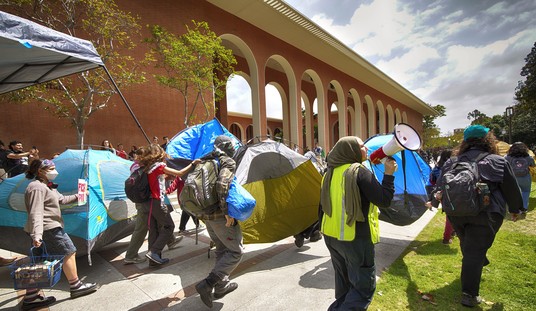



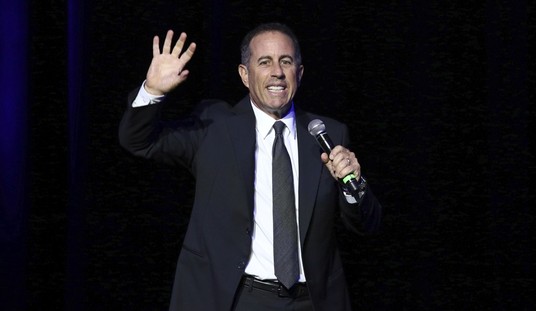
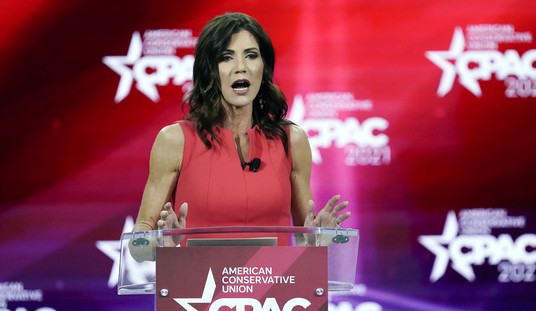

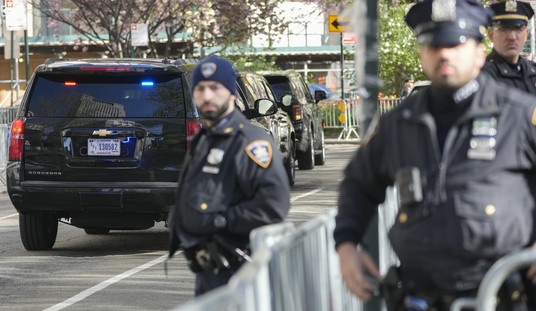

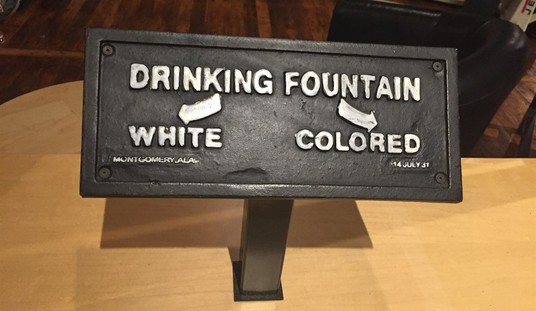


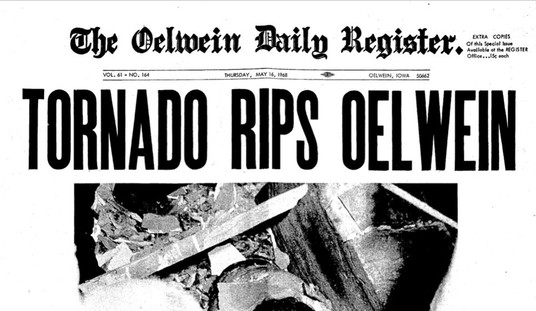
Join the conversation as a VIP Member